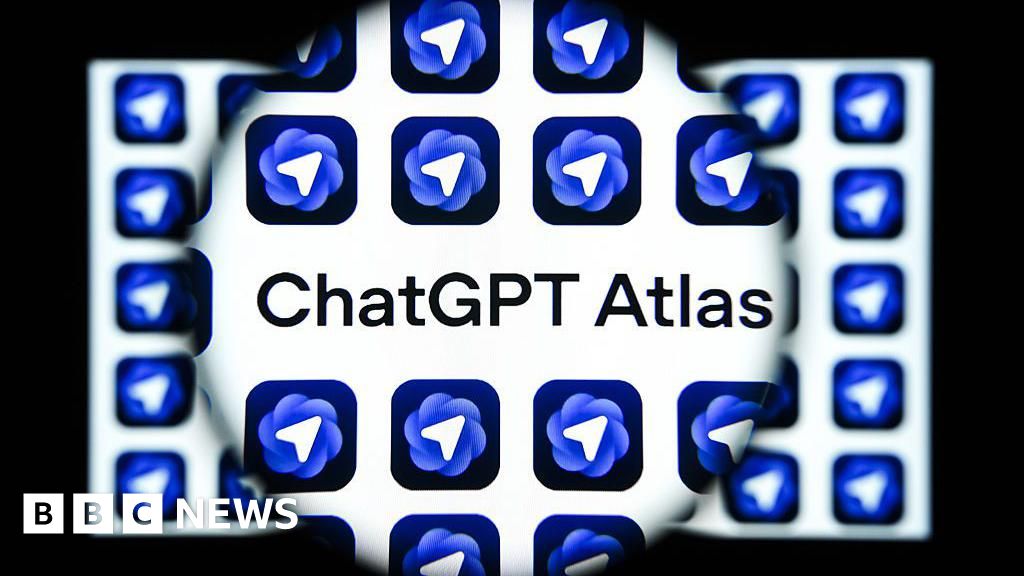OpenAI's ChatGPT Atlas launches on macOS as an AI-powered browser that embeds a persistent ChatGPT sidebar to summarize pages, draft content, extract insights and automate simple workflows. It aims to boost productivity and challenge Chrome as a modern browser alternative.

OpenAI has introduced ChatGPT Atlas, an AI browser experience that embeds a persistent ChatGPT sidebar directly into web browsing. Launched initially as a macOS AI browser, Atlas is designed to summarize pages, extract and compare information across tabs, draft emails or posts, and automate simple web tasks. Rather than replace existing browsers, Atlas positions itself as a productivity browser that layers assistant capabilities into everyday workflows.
Traditional browsers focus on rendering pages, managing tabs and protecting privacy. Many routine tasks remain repetitive: reading long articles, comparing multiple sources, extracting key facts or drafting copy from research. OpenAI’s approach turns the browser into a workspace with an inline writing AI tool and a browser with AI sidebar that helps synthesize content and speed research.
Hands-on reviews praise Atlas for offloading repetitive work and accelerating common tasks, but the assistant still shows limits with nuance, exact formatting and judgment calls. For many users Atlas will augment day-to-day work rather than fully replace manual review. As a Chrome alternative, its success hinges on reliability, clear benefits and an intuitive onboarding path for non technical users.
OpenAI is treating Atlas as another way to grow paid subscriptions by embedding assistant capabilities directly into a browser experience. Converting mainstream users from incumbents like Google Chrome requires demonstrable productivity improvements and an easy path to see value. At the same time, incumbent browsers may add their own AI features or integrate with large language model providers, raising competitive pressure.
Atlas-style automation tends to shift work instead of eliminating it. Routine tasks can be automated while human roles move toward oversight and quality control. Organizations adopting Atlas or other AI browsers should plan training for staff to validate AI outputs when accuracy matters and to integrate the browser with existing research workflows.
Embedding AI into primary workflows raises questions about accuracy, bias and transparency. Users and enterprise buyers will expect clear controls and explanations for automated actions, auditability for critical tasks and strong privacy defaults. How Atlas handles those expectations will shape its appeal as a productivity browser and as a modern browser alternative.
ChatGPT Atlas reframes browsing as a workspace enhanced by an integrated AI assistant. Its persistent sidebar and inline writing capabilities make it a compelling AI powered option for people who want a smarter browser for research and everyday tasks. To win mainstream adoption Atlas must prove consistent utility, smooth formatting and clear subscription value compared with staying on incumbent browsers.



